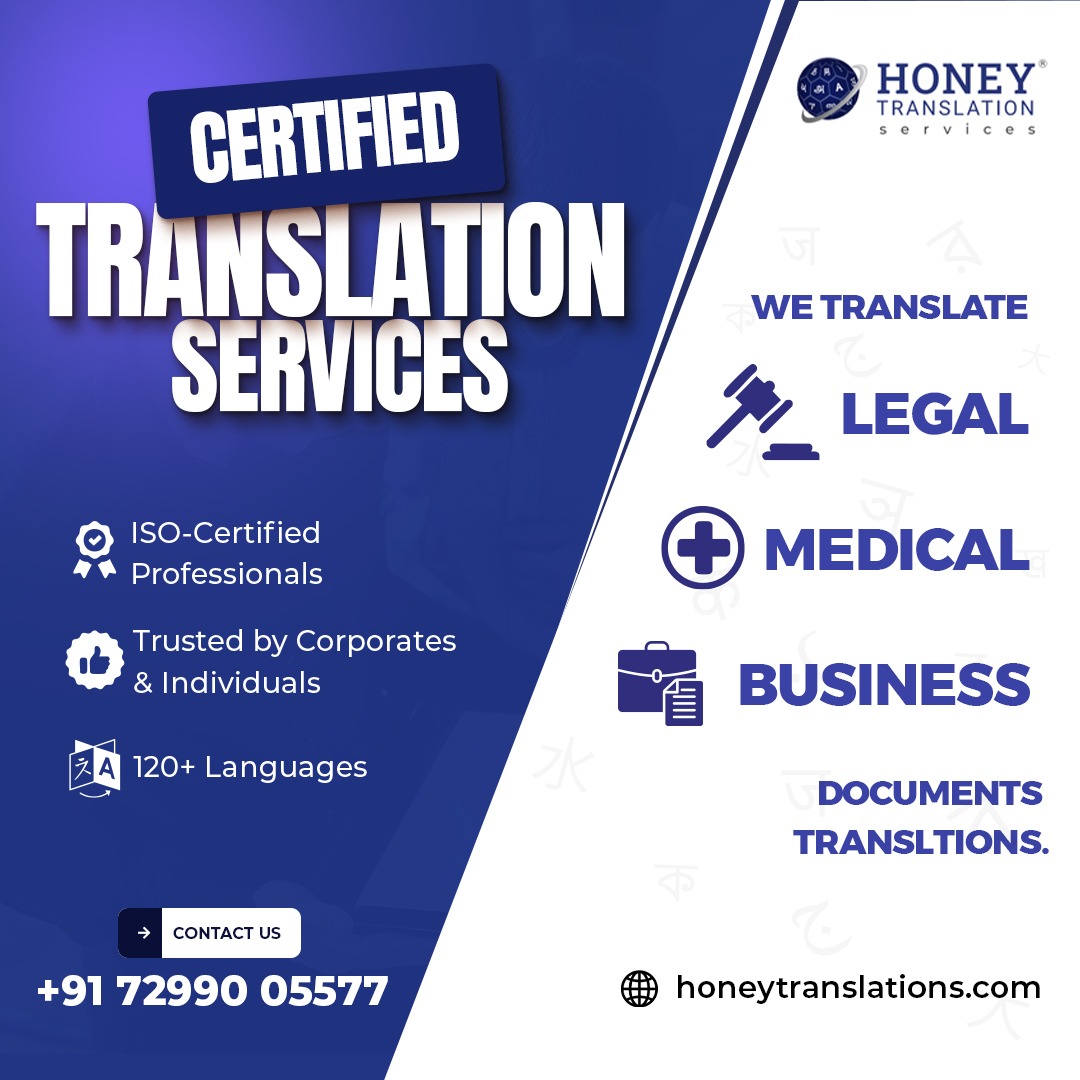With the rapid rise of artificial intelligence, AI translation tools like Google Translate and DeepL have become incredibly popular. They’re fast, free, and available 24/7. But can they truly replace human translators when it comes to accuracy, nuance, and cultural sensitivity? The answer is a resounding no.
While AI has made significant progress in language processing, relying solely on it for important or complex translations can lead to costly errors, misunderstandings, or even reputational damage. Here’s why human expertise still holds the upper hand.
AI Misses Context and Nuance
AI translation engines operate based on algorithms, databases, and statistical patterns. They may correctly translate words, but they often miss context, tone, and intention. For instance, the word “bank” could mean a financial institution or a riverbank. A human translator can instantly understand the meaning based on the sentence, while AI might get it wrong, especially in idiomatic or conversational language.
Cultural Sensitivity Cannot Be Automated
Language is deeply tied to culture. Humor, sarcasm, idioms, and formal/informal tones vary greatly across regions. AI struggles to capture these cultural layers, resulting in translations that may sound awkward or even offensive. Human translators understand both the source and target cultures and can adapt the language accordingly, preserving meaning and respect.
Technical and Industry-Specific Translations Require Expertise
Whether it’s legal contracts, medical records, or engineering manuals, industry-specific documents need precise terminology. AI tools are not always trained on specialized vocabularies, and even when they are, they might not use the correct terms based on context. A certified human translator with domain knowledge ensures accurate, reliable translations every time.
AI Translations Lack Quality Assurance
AI tools do not review, edit, or proofread their output. What you see is what you get—mistakes included. In contrast, human translation involves multiple stages: translation, editing, and quality control. Many agencies also offer peer reviews or native speaker checks to ensure a polished final version. These steps are critical when accuracy and professionalism matter.
Privacy and Security Concerns
When using free AI tools, your data may be stored or used for training algorithms. This raises concerns when translating sensitive information such as legal documents, business agreements, or personal records. Human translators, especially certified professionals, follow strict confidentiality protocols and data protection policies.
Conclusion: Trust Humans for What Matters Most
AI translation has its place—like casual chats, travel phrases, or getting the gist of an email. But when it comes to professional, accurate, and culturally appropriate translation, there’s no substitute for human expertise.
If you want your message to be clearly understood and professionally conveyed, invest in a certified human translation service. Because when words matter, only humans can truly translate meaning, not just text.


